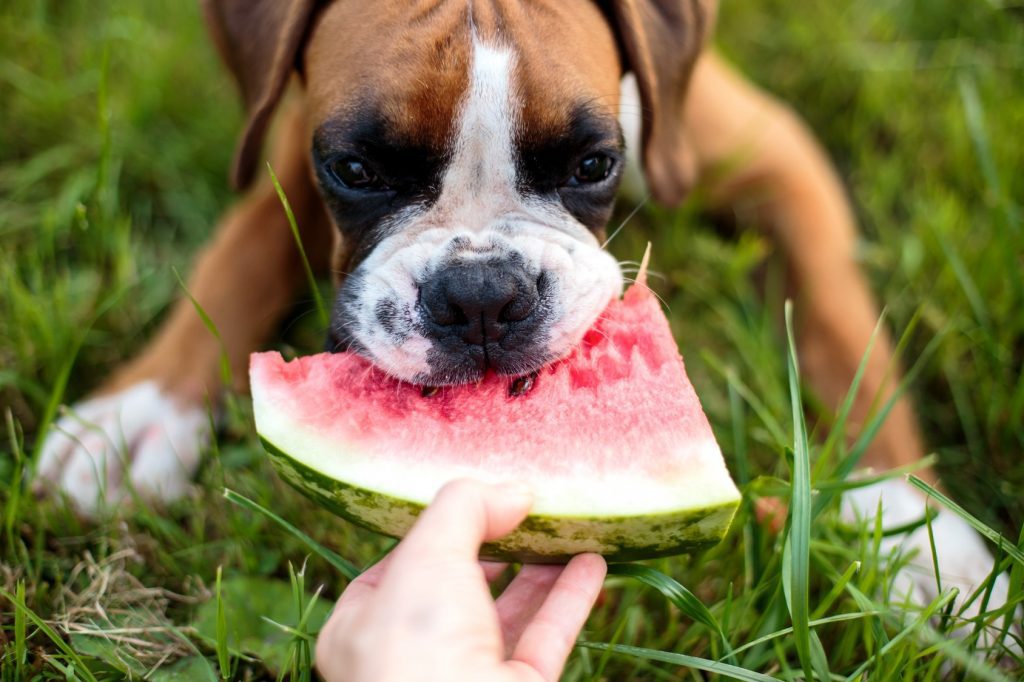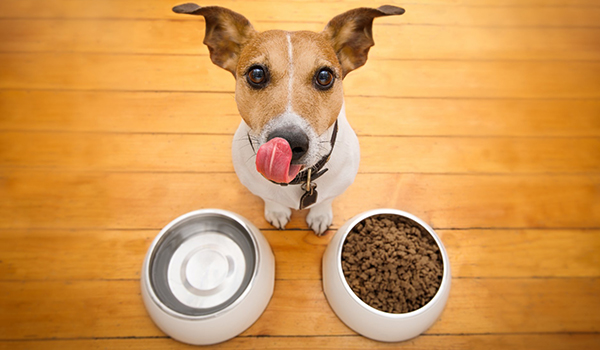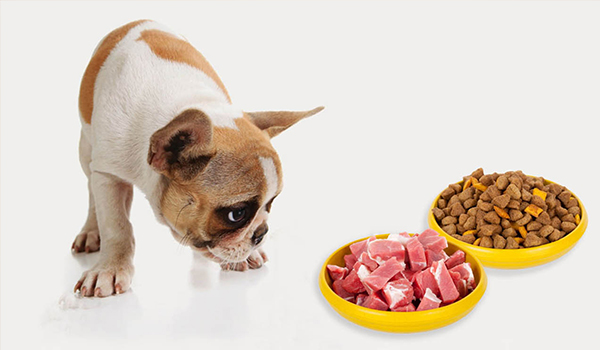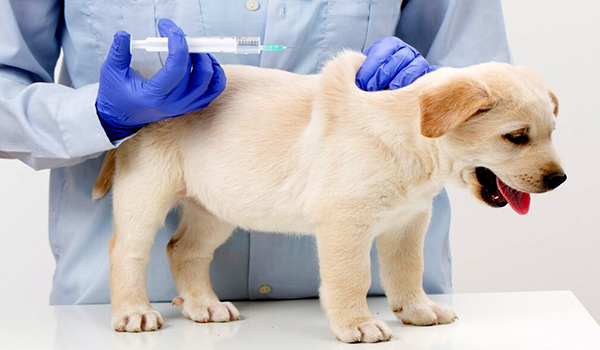As dog owners, we love sharing our lives with our furry companions, and that often includes sharing snacks. While those puppy-dog eyes are hard to resist, it’s crucial to know which human foods are safe. Fruits can be a fantastic, vitamin-packed treat for your pup, but not all are created equal. Some are toxic, and even the safe ones require careful preparation.
Let’s break down the fruits that are safe, the ones to avoid, and the golden rules for sharing.

The Golden Rules of Feeding Fruit to Dogs
Before you share, always remember these key points:
- Moderation is Key: Fruit contains natural sugar. Too much can lead to an upset stomach, diarrhea, or weight gain. Treats of any kind, including fruit, should make up no more than 10% of your dog’s daily calorie intake.
- Remove Seeds, Pits, and Stems: These can be choking hazards or contain small amounts of cyanide, which is toxic. Apple seeds, cherry pits, and peach pits are particularly dangerous.
- Wash Thoroughly: Always wash fruits to remove any pesticides or chemicals.
- Serve Plain: Never give your dog fruit that has been canned in syrup, sweetened, or contains added sugar. These additives are unhealthy for dogs.
- Introduce Slowly: When trying a new fruit, give your dog a small piece and watch for any adverse reactions, like vomiting or diarrhea.
Safe Fruits (The Green Light)
These fruits are generally safe for dogs when prepared properly.
- Apples: A great source of vitamins A and C and fiber. Remove the core and seeds before offering a slice.
- Bananas: High in potassium and vitamins, but also high in sugar. Offer small slices as an occasional treat.
- Blueberries: Often called a “superfood,” blueberries are packed with antioxidants and are a perfect, low-calorie training treat.
- Strawberries: Full of fiber and vitamin C. They also contain an enzyme that can help whiten your dog’s teeth. Cut them into small pieces to prevent choking.
- Watermelon: A hydrating summer snack! Remove the rind and all seeds, as the rind can cause intestinal blockage.
- Cantaloupe: Low in calories and high in nutrients, but high in sugar. Feed in small amounts.
- Pears: A good source of vitamin C and fiber. Remove the seeds and core and serve in small slices.
- Pumpkin (Plain, Canned): Not a fruit, but often grouped with them, plain canned pumpkin (not pie filling) is excellent for digestive health, helping with both constipation and diarrhea.
- Cucumbers: Another non-fruit that makes the list! They are low-calorie, hydrating, and a great crunchy treat for overweight dogs.
- Peaches & Mangoes: These are safe only if you completely remove the large, hazardous pit, which contains cyanide. Also, peel the mango and cut the flesh into small pieces.
Dangerous Fruits (The Red Light – NEVER Feed These)
These fruits are toxic to dogs and must be avoided at all costs.
- Grapes and Raisins: Extremely toxic. Even a small amount can cause rapid kidney failure in dogs. The exact substance that causes the reaction is unknown, so it’s best to avoid them entirely.
- Avocado: Contains a fungicidal toxin called persin, which can cause vomiting and diarrhea in dogs. The large pit is also a serious choking hazard.
- Cherries: The pits, stems, and leaves of cherries contain cyanide. While the fleshy part itself isn’t toxic, the risk of cyanide poisoning and choking from the pit is too high.
- Citrus Fruits (Lemons, Limes, Grapefruit): The stems, leaves, peels, and seeds of citrus plants contain citric acid and essential oils that can cause irritation and even central nervous system depression if ingested in large amounts. The fleshy part of an orange is safe in very small quantities, but its high acidity may upset your dog’s stomach.
What to Do If You Suspect Your Dog Ate a Toxic Fruit
If you believe your dog has ingested a dangerous fruit like grapes, raisins, or avocado:
- Stay calm.
- Contact your veterinarian or an animal poison control center immediately. The ASPCA Animal Poison Control Center (APCC) is available 24/7 at (888) 426-4435.
- Provide details: Tell them what your dog ate, approximately how much, and when it happened. Note any symptoms your dog is showing.
The Final Scoop
Fruits can be a healthy and delicious way to treat your dog. By sticking to safe options like blueberries, apple slices, and seedless watermelon, and always preparing them correctly, you can share a tasty snack without worry. When in doubt, always consult your veterinarian. They can give you the best advice tailored to your dog’s specific health needs.




